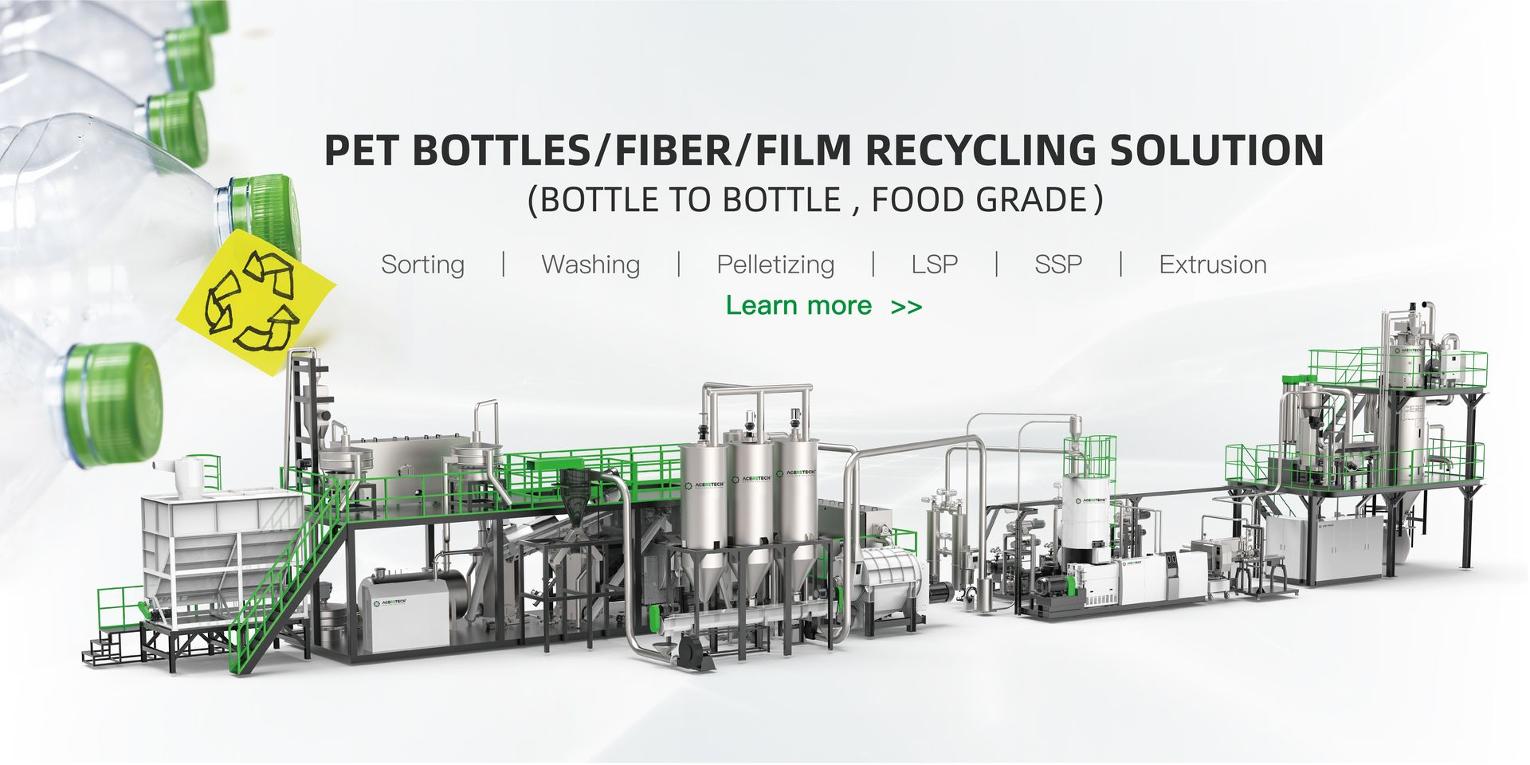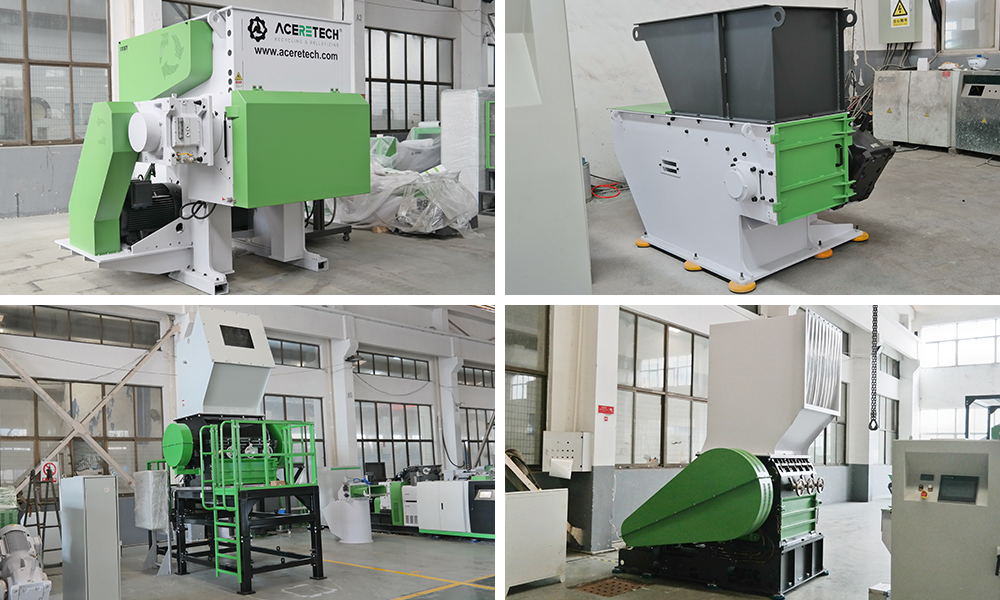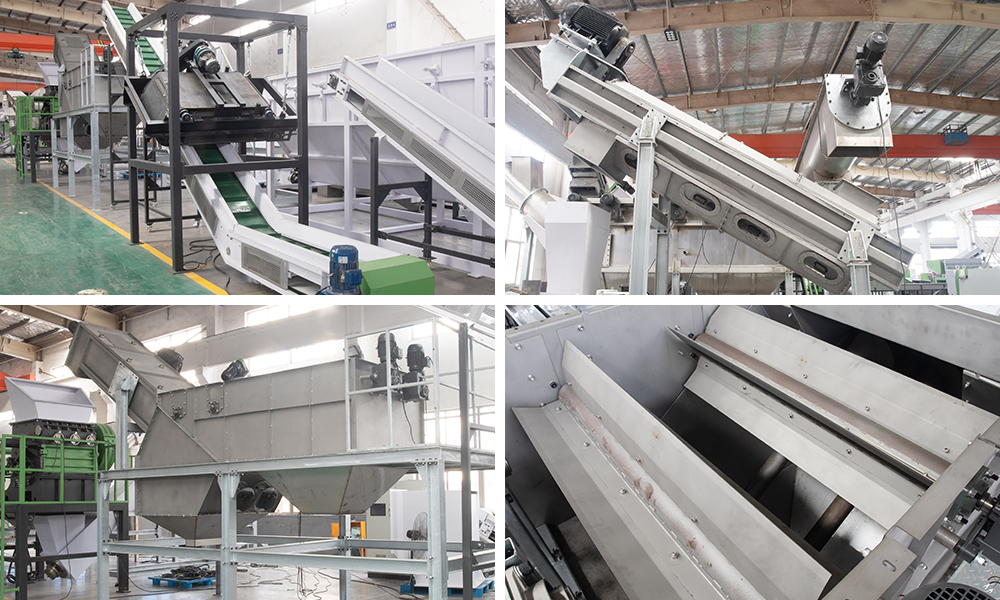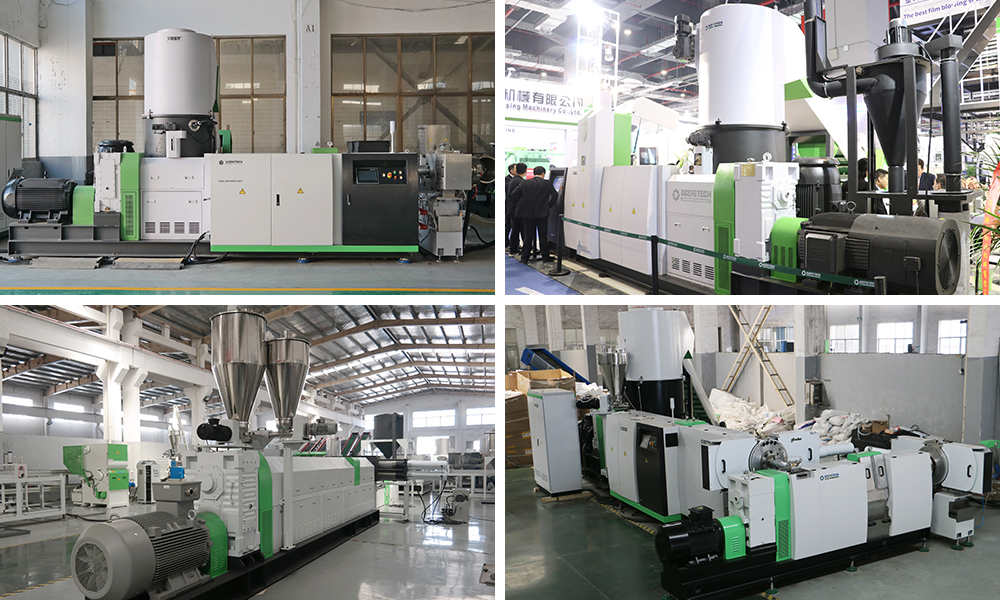Article paragraph
Ⅰ Overview
Ⅱ The necessity of recycling waste plastics
Ⅲ The feasibility of recycling waste plastics
Overview
Plastic recycling refers to the use of waste plastics for a certain recycling process in order to achieve the purpose of turning waste into treasure. At present, the world's waste plastics mainly include plastic packaging films, plastic woven products, foam plastics, plastic packaging boxes and containers, daily household plastics and their products, plastic bags and agricultural mulching films. Waste recycling, a kind of paid waste disposal service, is purchased by a professional and formal waste recycling station or company, and then the waste is scientifically processed and classified to meet the standard of recycling.
The necessity of recycling waste plastics
1. Maintain the natural environment
We all know that plastic has a great impact on the maintenance of human health. It not only causes ecological damage, but also potential harm. Waste plastic recycling solves this problem on a huge scale.
(1) Restoring the appearance of the city and the beautiful environment. Plastic, especially single-use plastic items such as disposable lunch boxes, plastic bags, etc. Because plastic products themselves are useful and convenient, they are widely used by everyone. After using plastic products together, they are discarded casually, resulting in white garbage in urban suburbs often seen. This is not optimistic and seriously affects the natural environment of human beings. Recycling of waste plastics indirectly helps to reduce the frequency of white waste presentation.
(2) Improve the application rate of soil resources. Landfill work remains a major means of addressing large urban waste in our country. Because of the low density and complex structure of the plastic film, it can quickly cover the site, reducing the ability of the garbage disposal site to solve waste; moreover, because the site after the landfill is soft, the germs, germs and other harmful substances in the waste are very easy to enter Underground, the environment pollutes surface water and seriously endangers the surrounding environment. It takes a long time to start new land for garbage disposal and put capital into application. The recycling of waste plastics is a good solution to the situation of soil resources being damaged.
(3) Help the production of green plants and increase the annual output value of crops. Plastic products damage the soil layer environment, and it is not optimistic to harm the development of crops. The plastic products currently used in my country dissolve all the time, and generally require at least 200 years. The long-term attachment of waste agricultural mulch and plastic bags in the fields will affect the absorption of water and nutrients by food crops, inhibit the growth and development of crops, and limit crop production. If livestock eat plastic film, it will also cause digestive system diseases and even death of livestock. Retrieving waste agricultural mulch, plastic bags, etc. is beneficial to the development of food crops and increases the annual output value of crops.
(4) Maintain ambient air. If the waste plastic is directly used and ignited, it will cause serious secondary pollution to the natural environment. The burning of plastic not only produces a lot of smoke, but also produces dioxins, a class of chemicals that have by far the most toxic and side effects. Dioxin enters the soil, it takes at least 15 months to gradually split, it will seriously affect green plants and food crops; dioxin has serious damage to the liver and brain of animals. The environmental pollution caused by igniting waste to discharge dioxin has become a very sensitive issue of global attention. Recycling waste plastics does not cause such hazards and can reduce environmental pollution.
(5) Reduce the decline in species diversity caused by plastic. Plastic products, especially plastic bags, are discarded everywhere for biological consumption in polluted areas, because they cannot split plastics and eventually die. There are many examples of this type. In December 2007, two deer in Xiamen Haicang Zoo died of stomach stones after taking a lot of milky white waste such as plastic bags. In August 2006, a 6-year-old male spotted seal died in the Oriental Giant Turtle Garden in Hirayama. In the walrus's stool, I saw a few balls of plastic paper, which are food packaging for tourists to feed.
2. From a macro perspective, the recycling of waste plastics is conducive to relieving the country's pressure on fossil energy, and the tension in the international competition for oil and gas is slightly lessened.
(1) Curb the development of oil prices. The price of plastic raw materials increases with the increase in oil prices. The price of a new plastic product is much higher than that of the remanufactured product used for retrieval. As long as the product is remanufactured under the specified conditions, the potential price advantage is considerable.
3. The advantage of recycling waste plastics is the help to the plastics manufacturing industry. It will not only ask for materials for industrial products, but also reduces the production cost very well.
(1) Provide secondary materials to facilitate industrial production. The recovered items are already plastic which means that the factory does not need to then process the resin, elevating various lifts. In terms of program flow, the whole production process is greatly reduced, the moment when the product is made is shortened, and the work efficiency is improved.
(2) Reduce energy consumption and resource consumption. Now this social driving force and network resources are in short supply. Crude oil is a typical example. The plastic industry requires a lot of fossil energy. Retrieving plastic declines with the help of coal resources. At the same time, the production and processing of secondary materials of plastics consumes much less energy than material processing. To form general plastic outer packaging materials, the use of waste plastics can save 85%-94% of the energy contained in them. Therefore, the recycling of waste plastics has a lot of help for industrial production in energy consumption.
(3) Low cost and high economic benefit. Because industrial production consumes more energy and consumes less time, the cost is greatly reduced. Also, the quality of products made from waste plastic recycling will not change at all or even stronger, and the prices of the items made may be higher. Today, a ton of PET can be sold for 250 to 400 euros. The production company shreds it, removes any guessed aroma chemicals, and uses that information to start producing PET plastic bottles from scratch. Generally speaking, this type of material can be applied repeatedly 6 times, and then it can be made into plastic plastic film and other non-food packaging materials.
4. The recycling of waste plastics is more helpful to the progress of human civilization and develops everyone's understanding of environmental protection and maintains the natural environment.
(1) Conducive to the development of everyone's understanding of environmental protection. The act of retrieving plastic itself is to carry out the maintenance of the natural environment for people, to maintain our beautiful hometown, and not to let disposable lunch boxes, waste rubber cups and other waste plastics pollute the environment. The recycling of waste plastics requires everyone to develop ideological awareness, develop awareness of maintaining the natural environment, and continue to fight for our hometown.
(2) Provide affordable plastic products to a wide range of customers. Because the recycling and reuse of waste plastics greatly reduces the production cost, the market price of plastic objects will drop, so it is correct to take back the plastics.
The recycling of waste plastics is beneficial to the country and the people. All aspects of the natural environment are good. The country manages the country in accordance with the scientific concept of development. The quality of the public's natural environment will develop, and everyone's understanding of environmental protection will also improve.
Feasibility of recycling waste plastics
Eslite is mainly engaged in the research and development and production of plastic shredding, crushing, cleaning, compaction granulation, extrusion and other recycling equipment.
Plastic shredding and crushing: It is a new type of equipment for recycling waste materials. It divides materials into parts, reduces volume, and then recycles them.
Plastic cleaning: The plastic cleaning machine can meet the environmental protection requirements for waste plastic recycling at home and abroad. The main materials to be processed are PE/PP plastic or PE/PP plastic waste mixture, waste PP woven bags, plastic bags, household waste plastics, waste agricultural film and plastic film. The entire production line can easily clean waste plastic products, waste agricultural films, waste packaging materials or hard plastics step by step from the start of operation to the finished product. The plastic cleaning machine is the main equipment for the cleaning process of recycled plastics. Plastic cleaning is an indispensable and important part of plastic recycling.
Plastic granulator: a machine for making plastic into relatively uniform granules, suitable for the production of HDPE, LDPE, PP, BOPP, CPP, OPP, PA, PC, PS, PU, ABS, LLDPE, HD/LD/LLD Mix, Regeneration and color mixing granulation of various waste plastics such as EPS, EPE, TPO, PET, etc.
Why Plastic Recycling Is Important?
2021/03/03